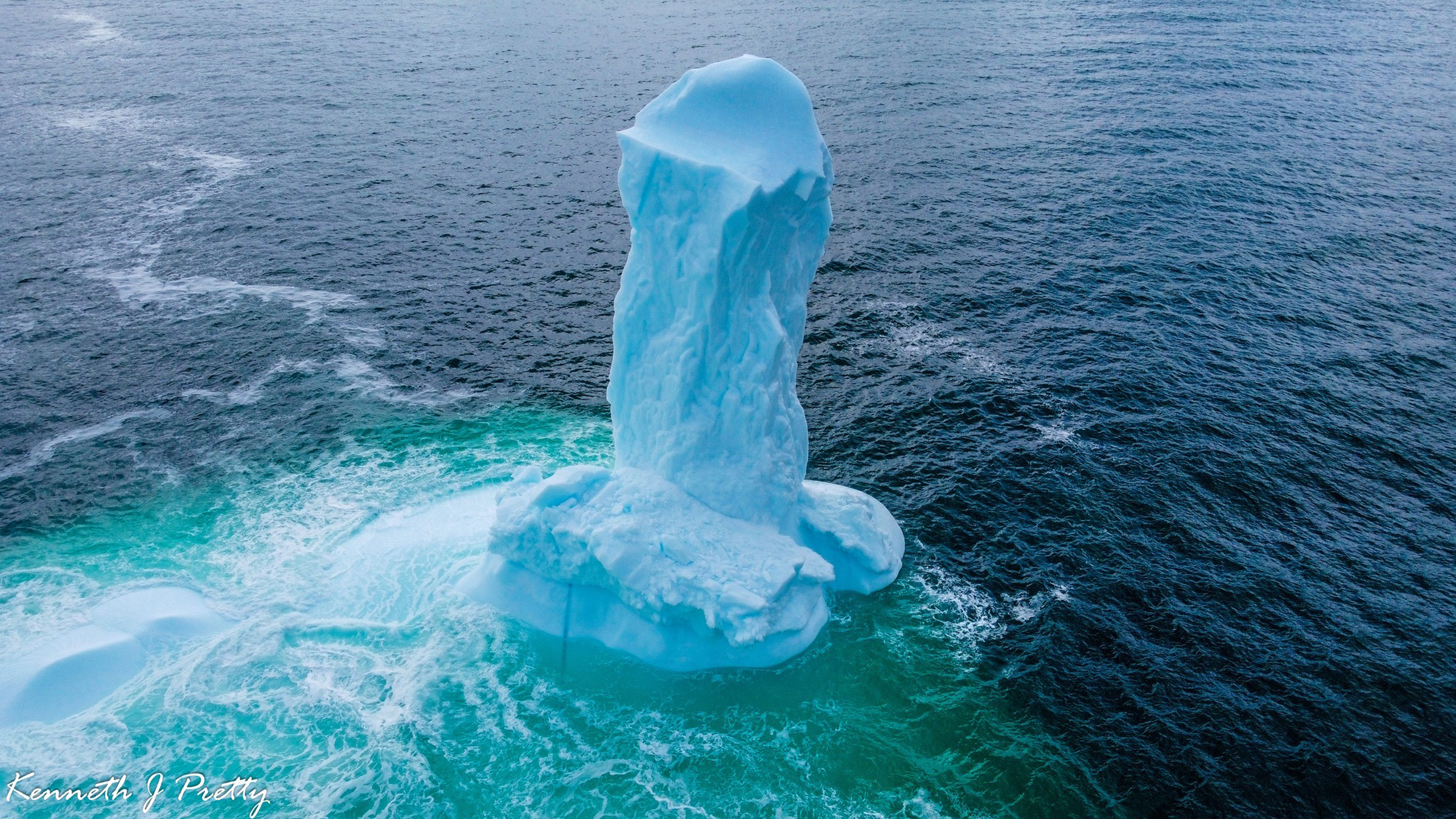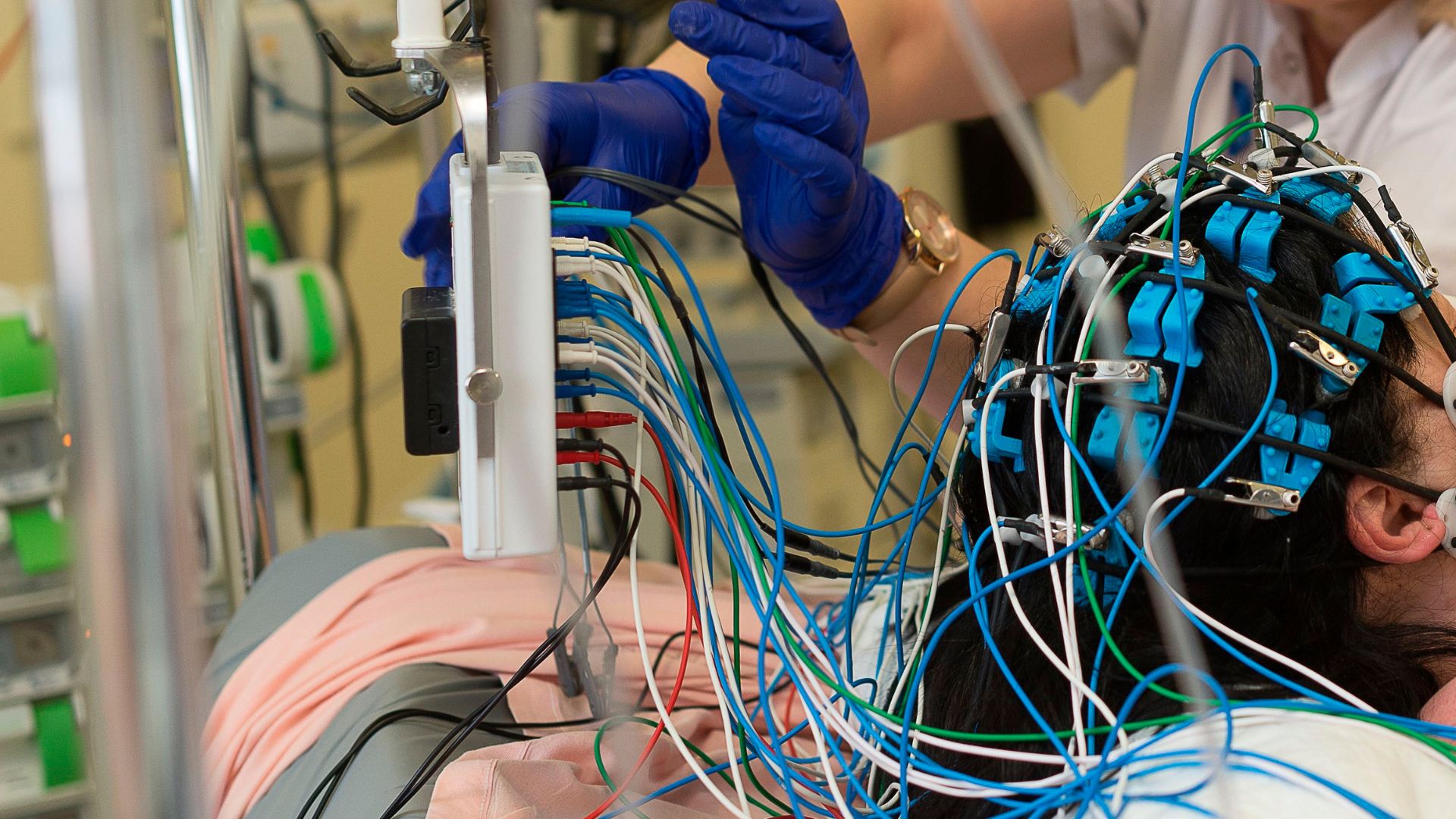
Stephanie Pappas
Stephanie Pappas is a contributing writer for Live Science, covering topics ranging from geoscience to archaeology to the human brain and behavior. She was previously a senior writer for Live Science but is now a freelancer based in Denver, Colorado, and regularly contributes to Scientific American and The Monitor, the monthly magazine of the American Psychological Association. Stephanie received a bachelor's degree in psychology from the University of South Carolina and a graduate certificate in science communication from the University of California, Santa Cruz.
Latest articles by Stephanie Pappas
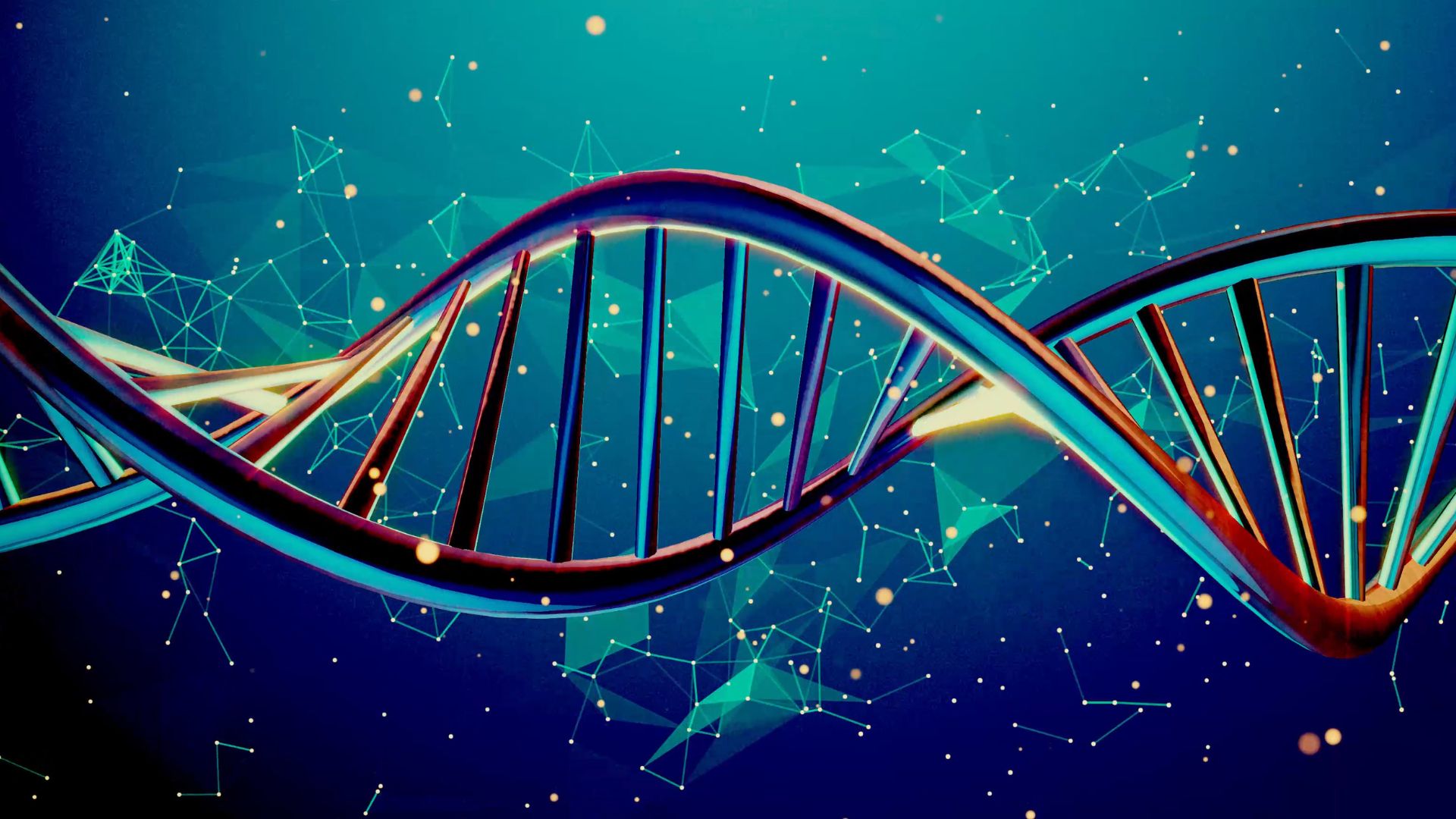
Scientists uncover hidden math that governs genetic mutations
By Stephanie Pappas published
The ability of a gene to keep functioning despite mutations shows a surprising link to fundamental math.

'Quantum superchemistry' observed for the 1st time ever
By Stephanie Pappas published
A new type of chemistry performed at very cold temperatures on very small particles enables quick, precise reactions.

Nearly 170 genes determine hair, skin and eye color, CRISPR study reveals
By Stephanie Pappas published
Black hair? Green eyes? More than 160 genes determine your coloration, and their interactions are incredibly complicated.
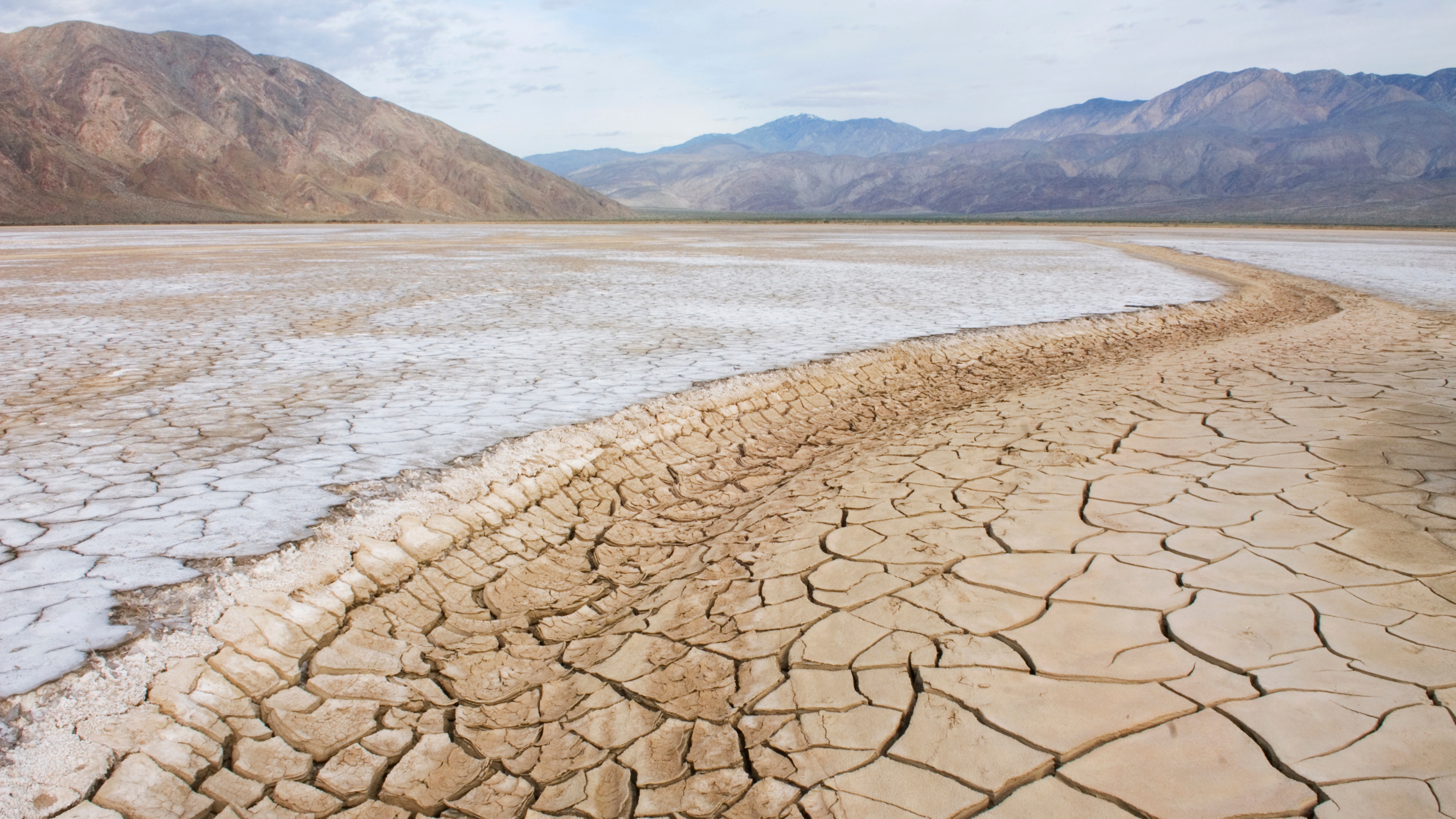
The worst droughts in US history
By Stephanie Pappas last updated
From the Middle Ages to today, North America has experienced a number of extremely dry periods.
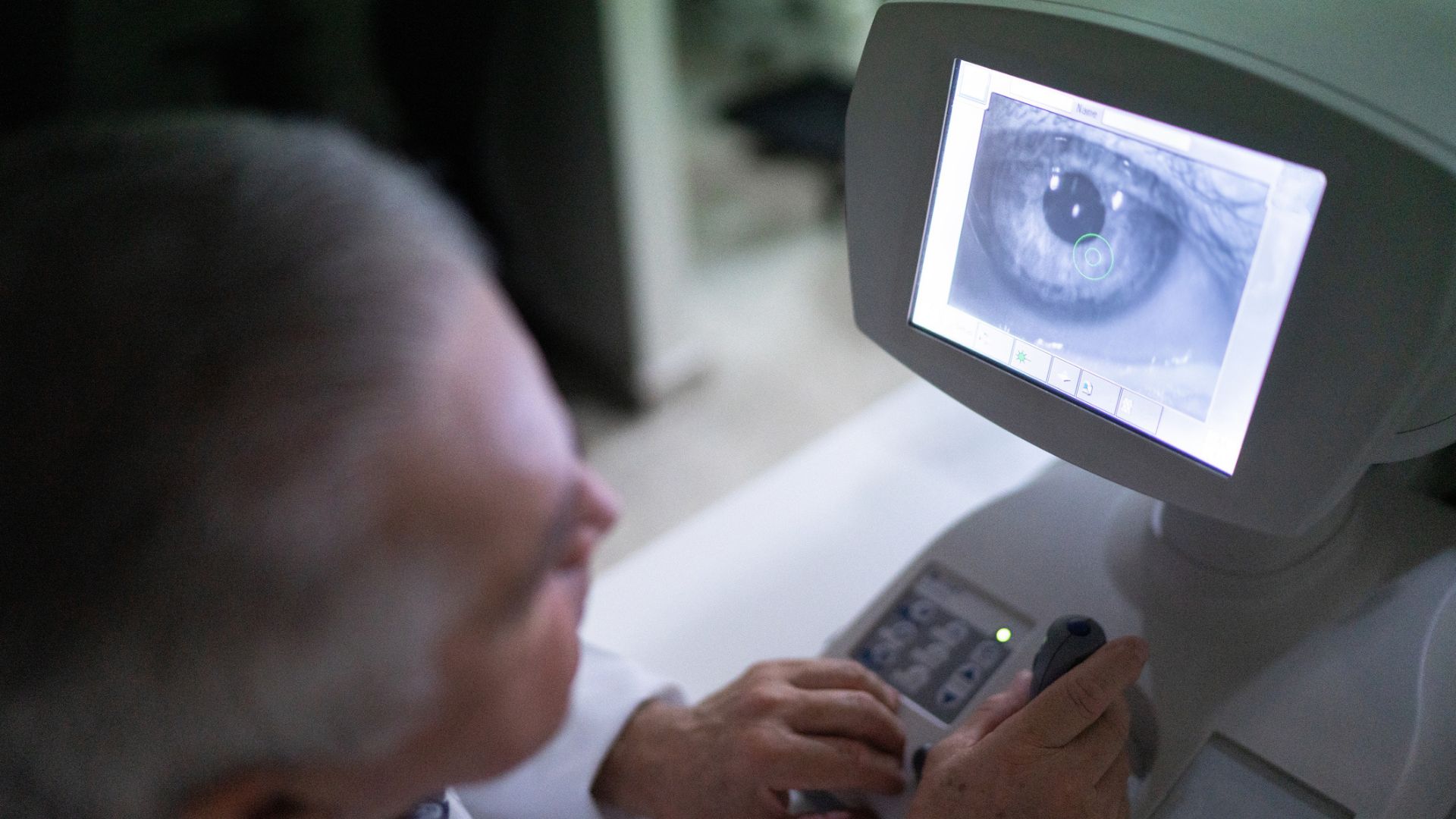
Weird 'gut-eye axis' links the retina and intestines, and may help explain glaucoma
By Stephanie Pappas published
A type of immune cell that travels from the gut to the eyeballs may help to explain why some people with glaucoma continue to lose their vision after treatment.
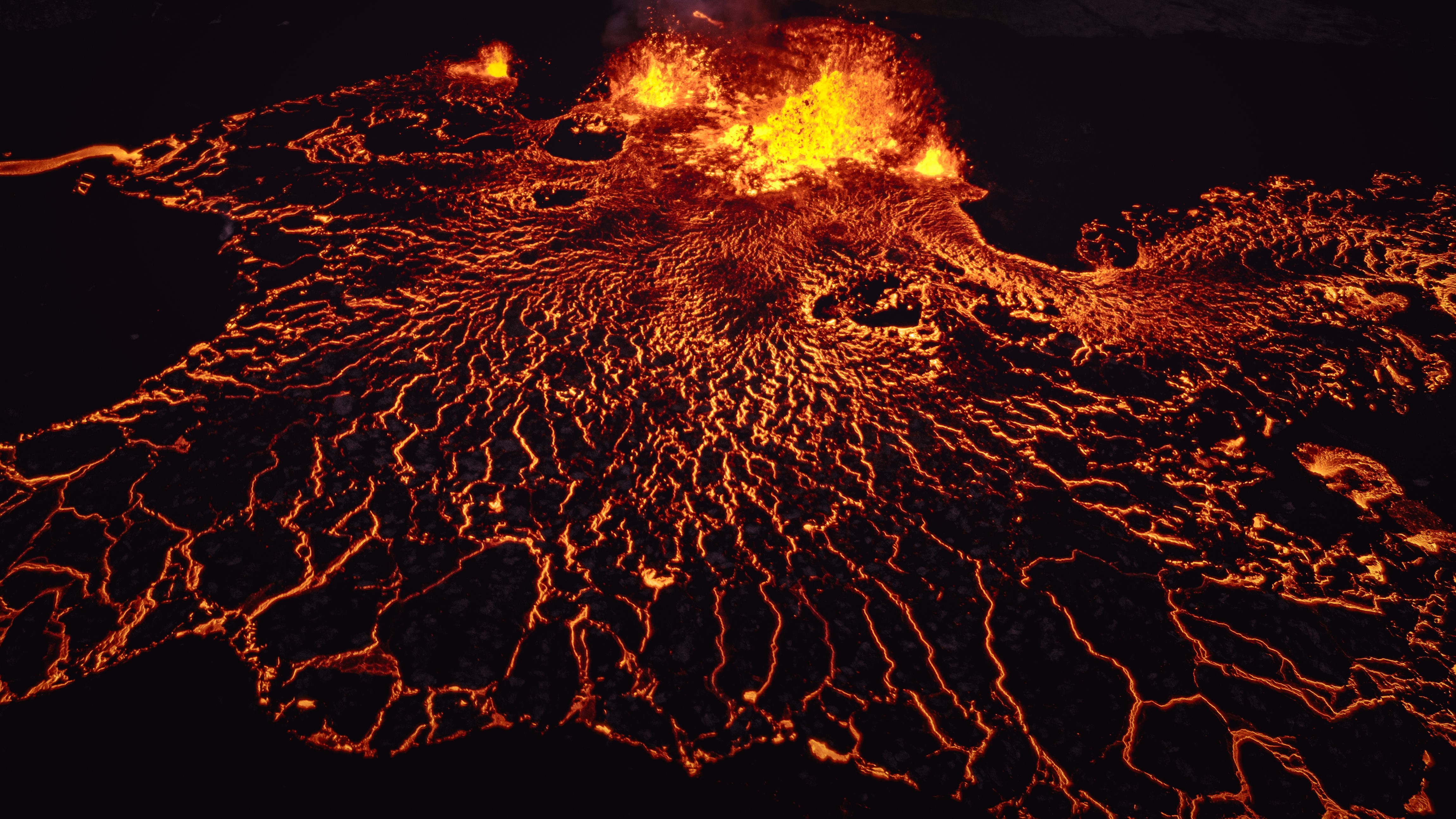
Deadly swarm of earthquakes in Japan caused by magma moving through extinct volcano
By Stephanie Pappas published
Over 10,000 earthquakes have hit the Noto Peninsula over the last three years. They are believed to be emanating from an long-dead volcano, with fluids pushing through the collapsed system.

What happens when a nuclear bomb explodes?
By Stephanie Pappas last updated
When a nuclear bomb goes off, the blast is only the beginning.
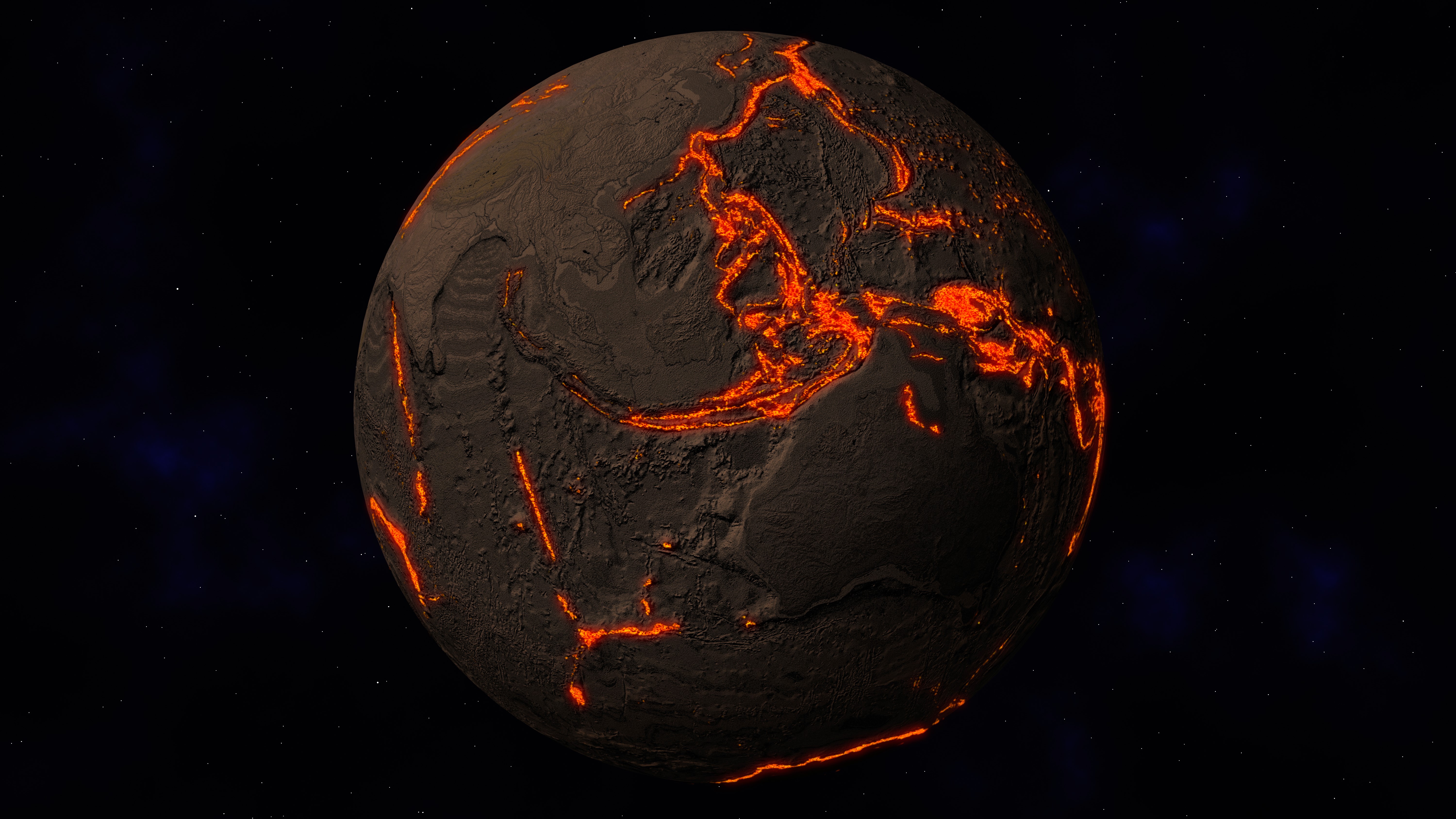
Earth's plate tectonics traced back to 'tipping point' 3.2 billion years ago
By Stephanie Pappas published
Researchers analyzing ancient deposits in Australia found evidence that Earth's layers started to get mixed up — a fingerprint of plate tectonics — about 1.3 billion years after the planet formed.
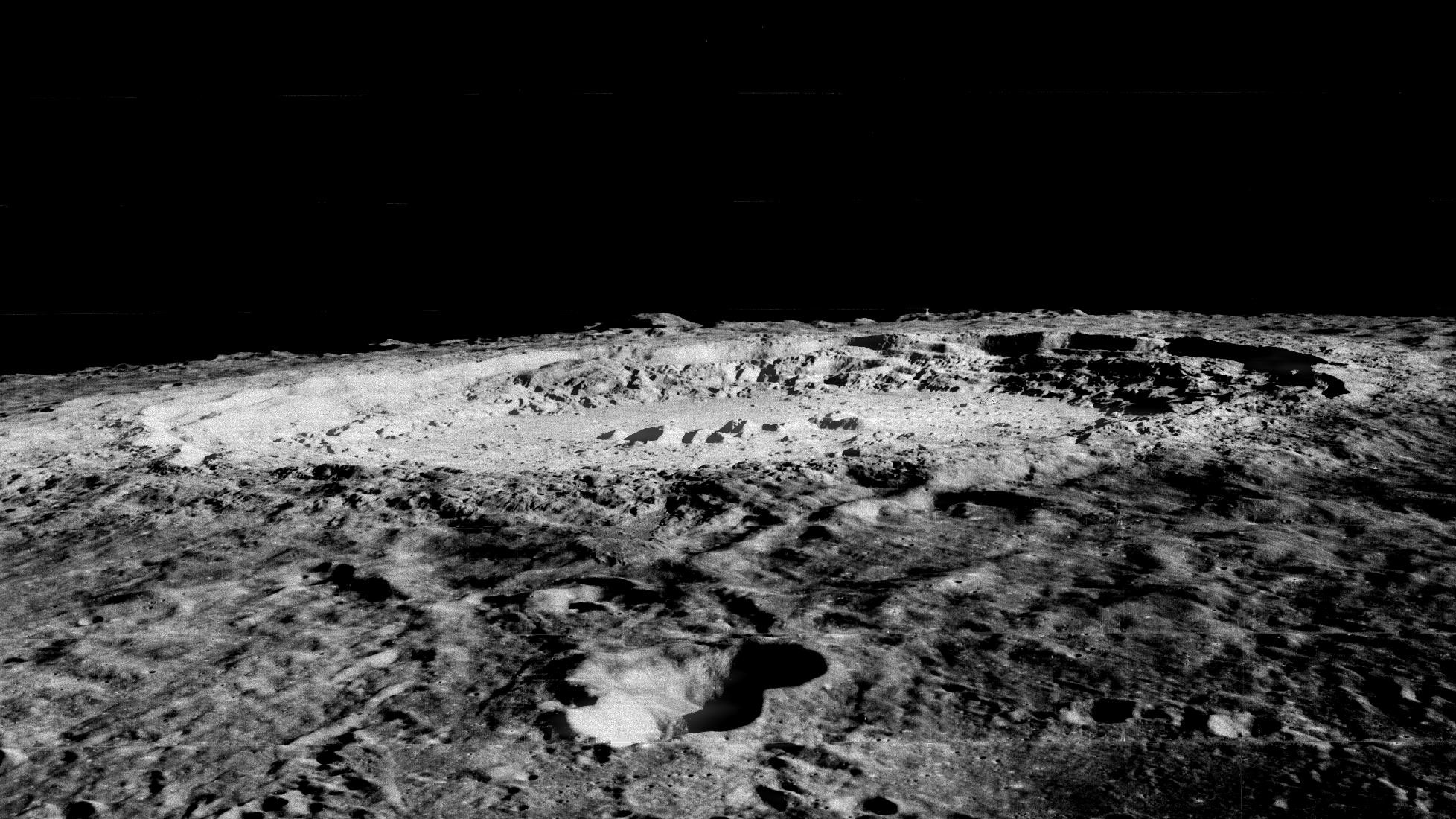
The 'man in the moon' may be hundreds of millions of years older than we thought
By Stephanie Pappas published
Much of the moon's surface is 200 million years older than previously estimated, a new analysis suggests.
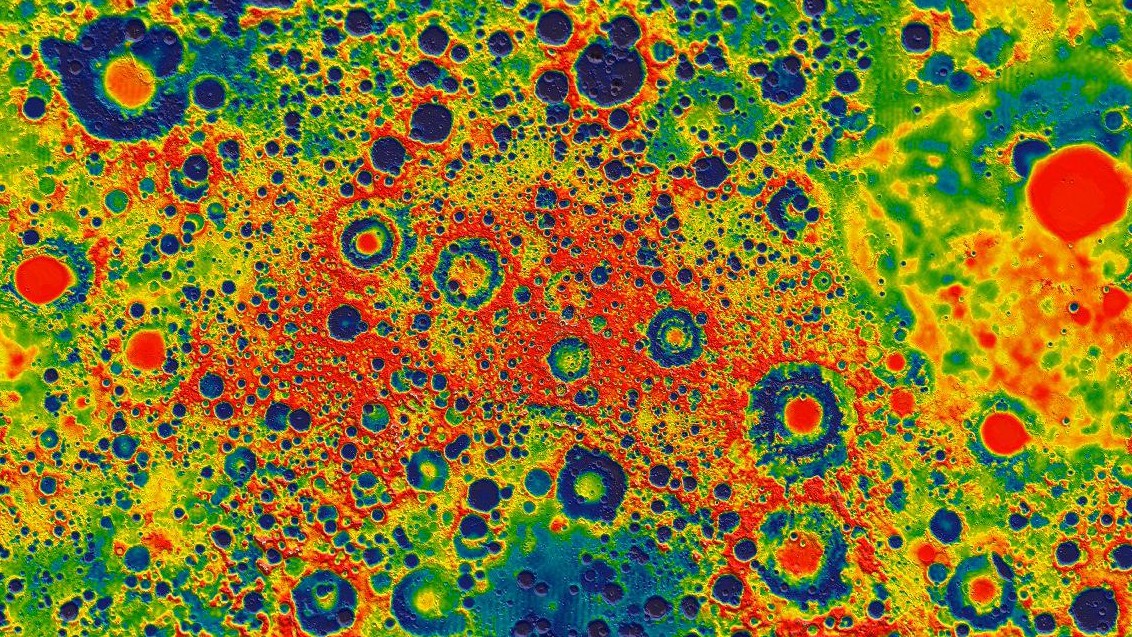
Scientists discover huge, heat-emitting blob on the far side of the moon
By Stephanie Pappas published
Scientists detected a peculiar blob of heat-emitting material buried on the far side of the moon. The most likely culprit is a rock that is very rare outside of Earth.
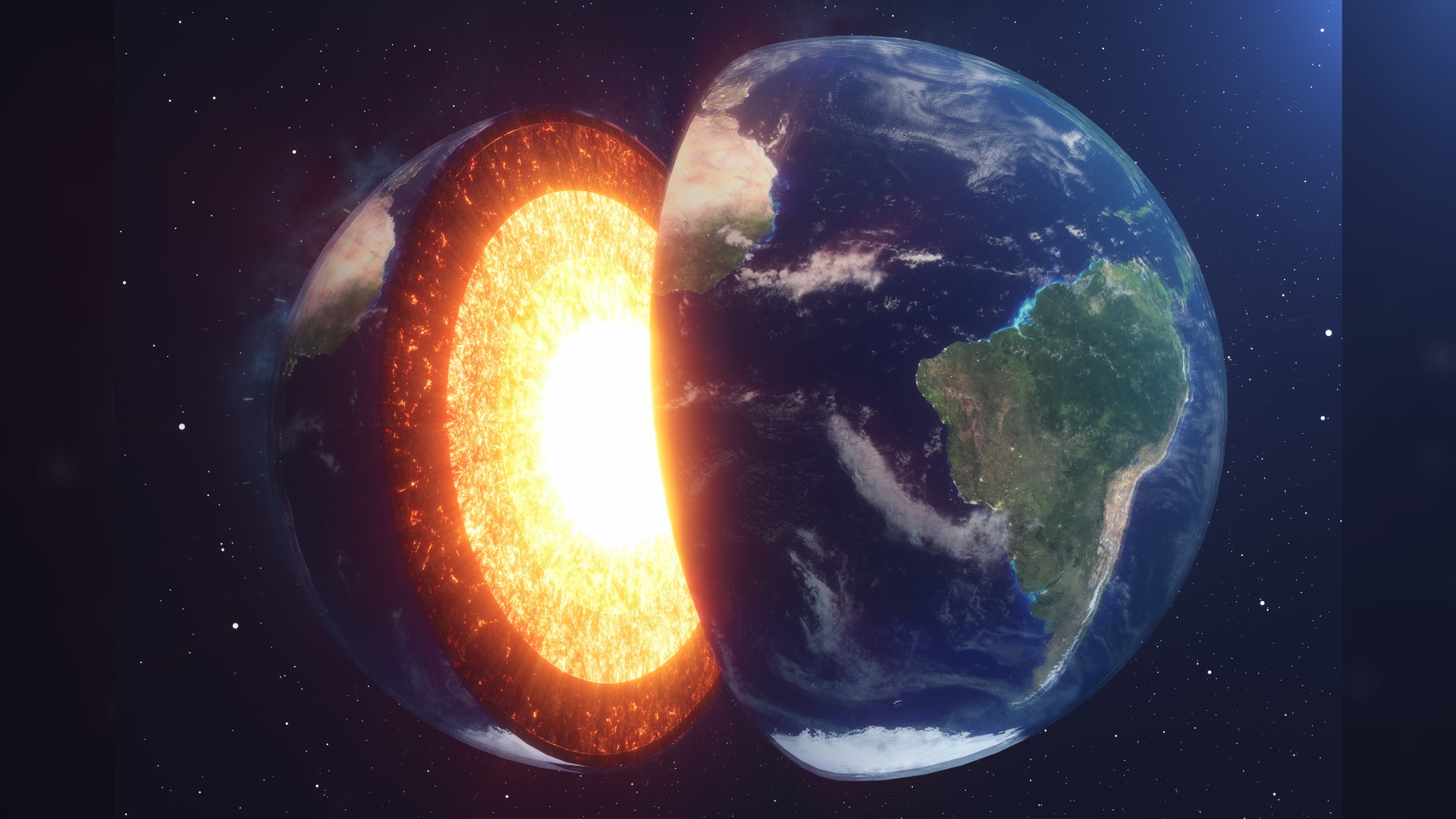
Swirls of liquid iron may be trapped inside Earth's 'solid' core
By Stephanie Pappas published
Though Earth's innermost core is solid, new research suggests that it hosts a lot of variation.
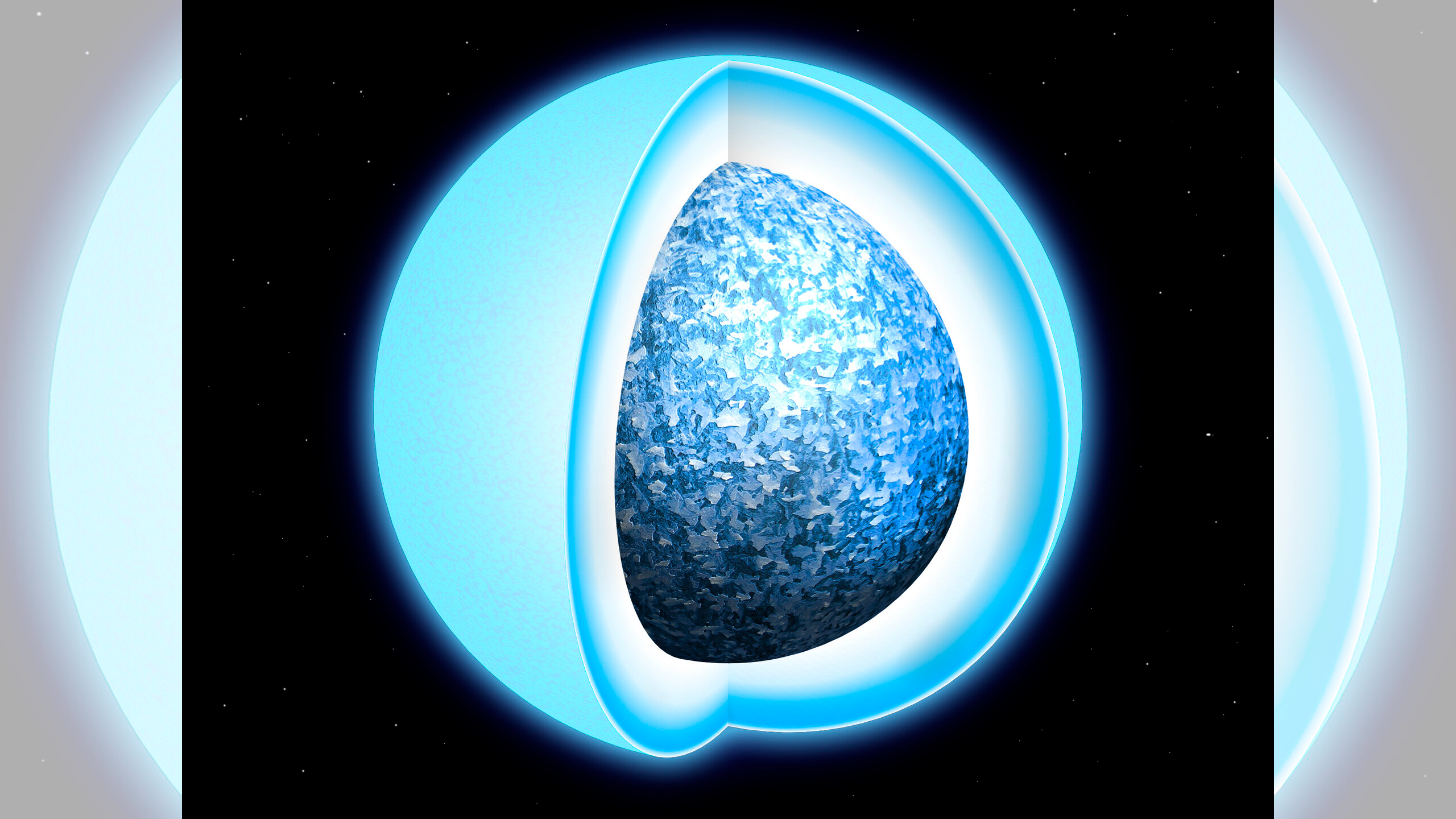
This collapsed star is turning into a gigantic diamond before our eyes
By Stephanie Pappas published
Scientists have found a white dwarf that is cooling and crystallizing into a giant diamond.
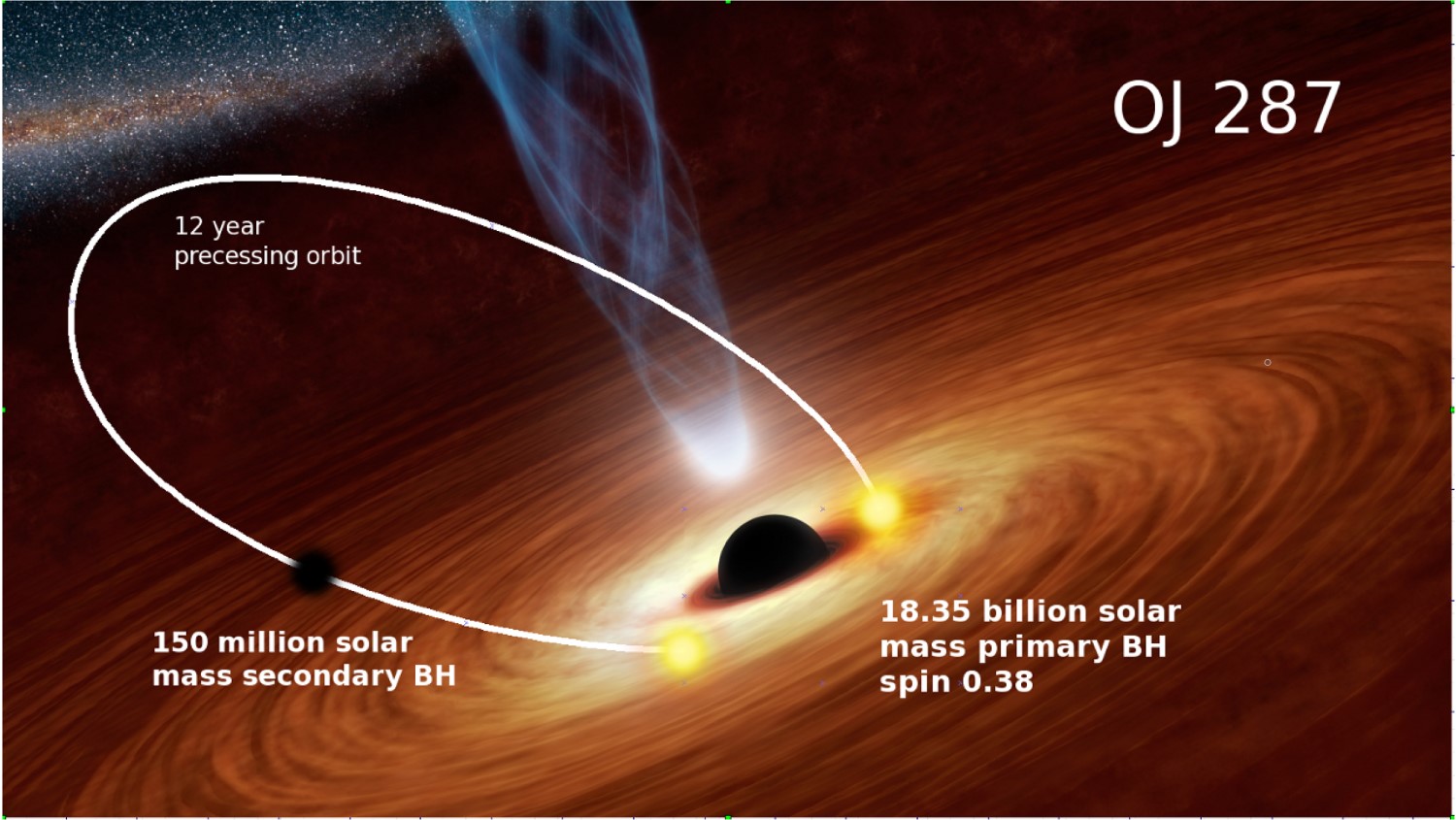
Flare of light brighter than a trillion suns reveals location of rare double black hole galaxy
By Stephanie Pappas published
Brilliant new signals from a far-off galaxy confirm that the system is anchored by a pair of black holes locked in a daring dance.
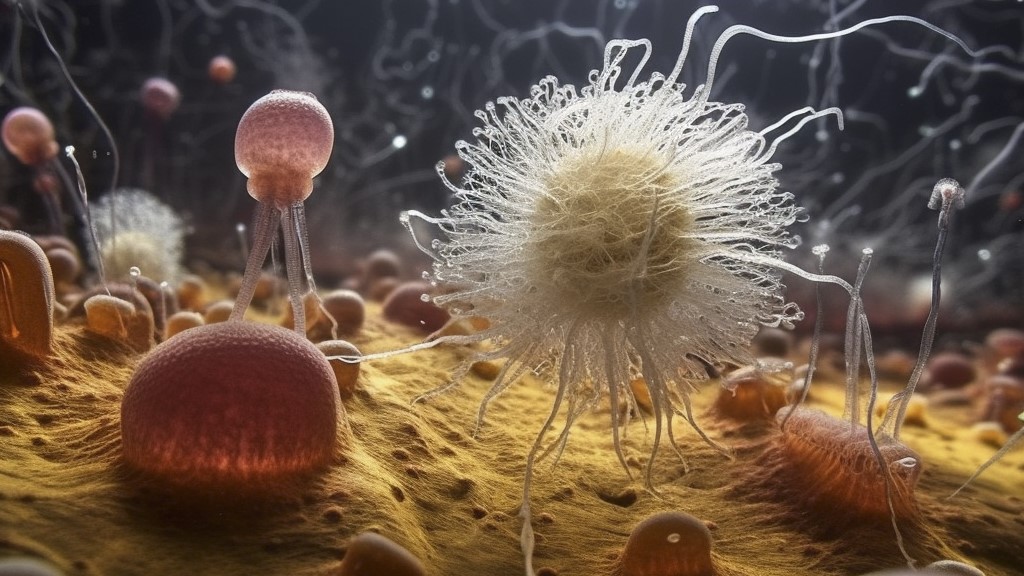
Primordial steroids solve long-standing mystery about how the 1st complex life-forms evolved
By Stephanie Pappas published
Compounds from 1.6 billion years ago reveal a microbial transition that set the stage for much of today's life on Earth.
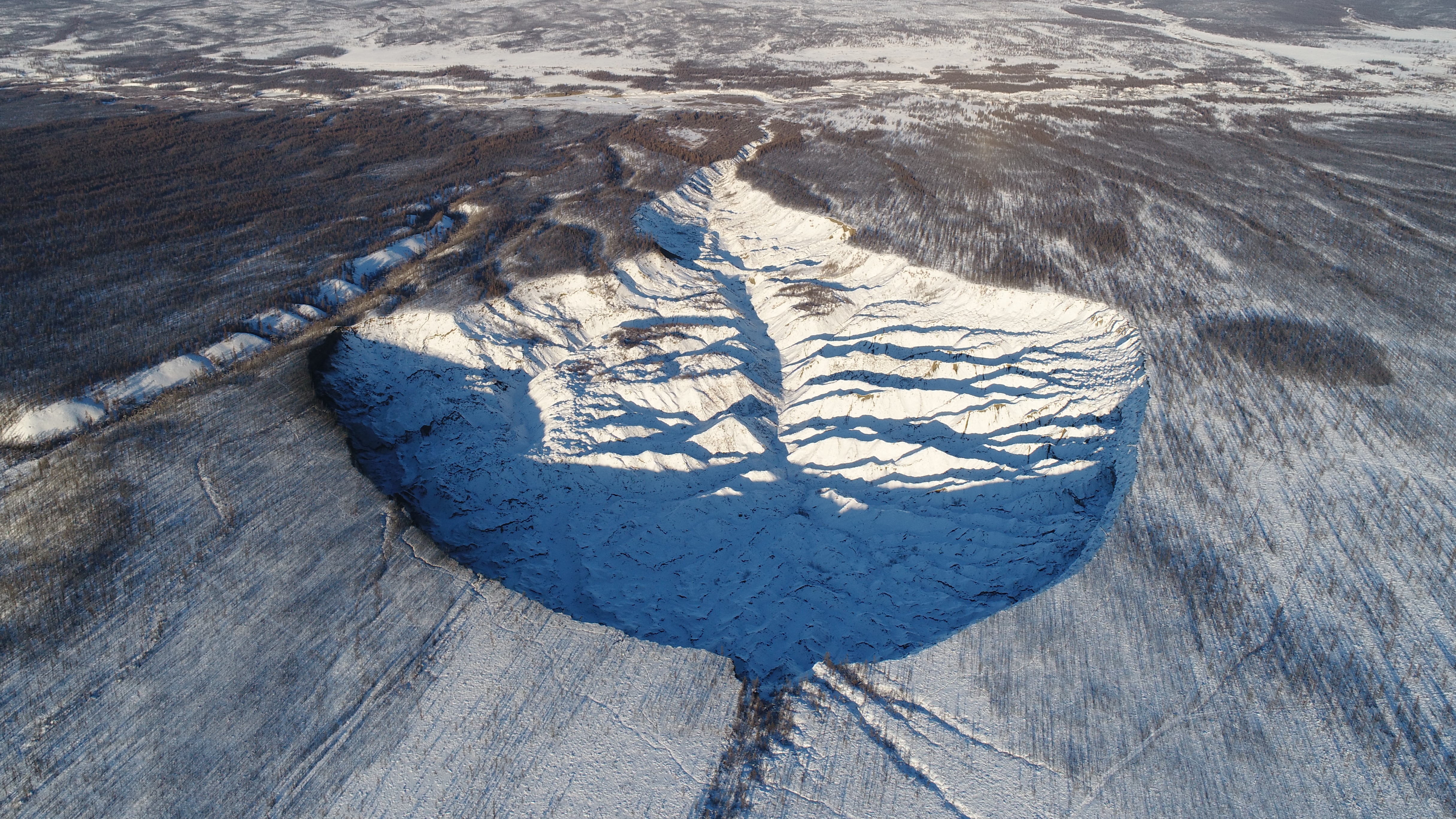
Siberia's 'gateway to the underworld' megaslump is revealing 650,000 year-old secrets from its permafrost
By Stephanie Pappas published
The permafrost inside the Batagay crater is the second-oldest ever found on Earth and scientists are using it to reconstruct the planet's ancient climate.
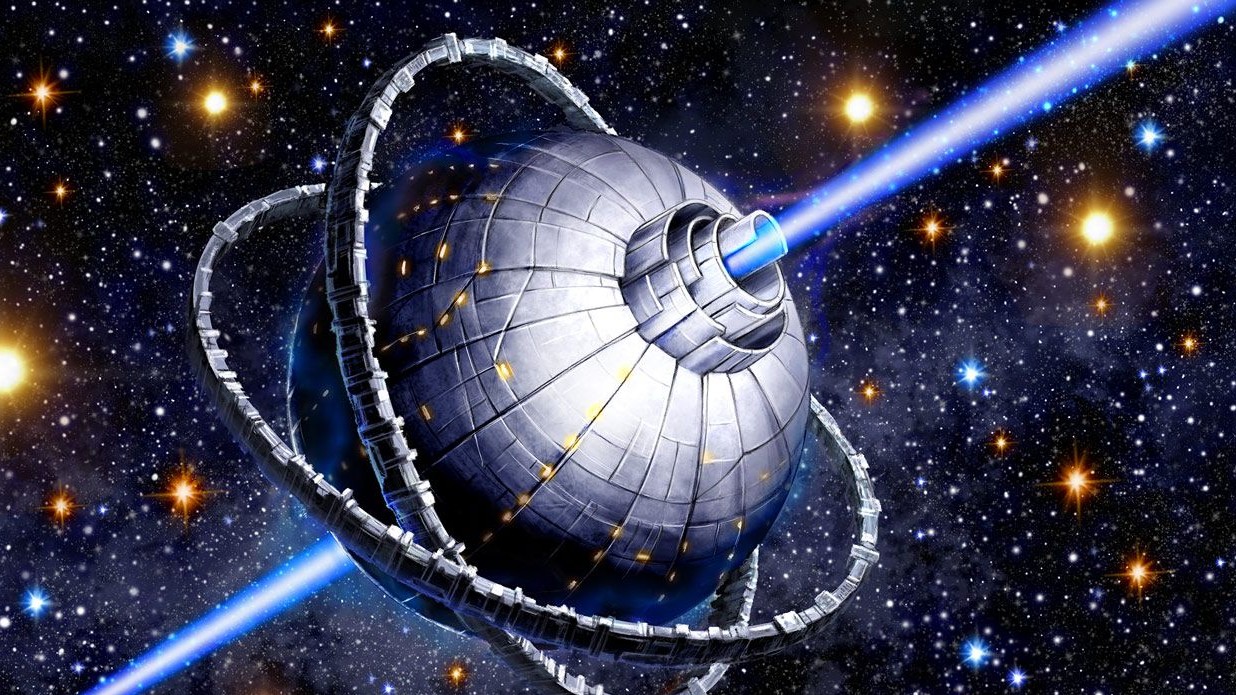
Repeated signals from the center of the Milky Way could be aliens saying hello, new study claims
By Stephanie Pappas published
A new search for extraterrestrial life has scientists looking inward — toward the center of our galaxy.
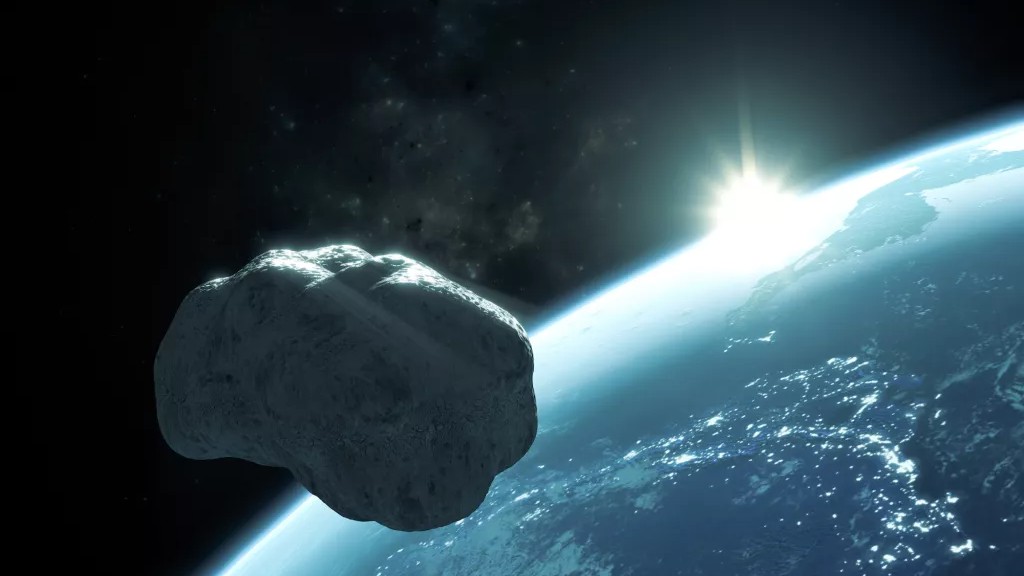
'Planet killer' asteroids pose no threat to Earth for at least 1,000 years — but smaller rocks could still be a problem
By Stephanie Pappas published
The risk of a kilometer-scale asteroid hitting Earth in the next millennium is really low. Phew.
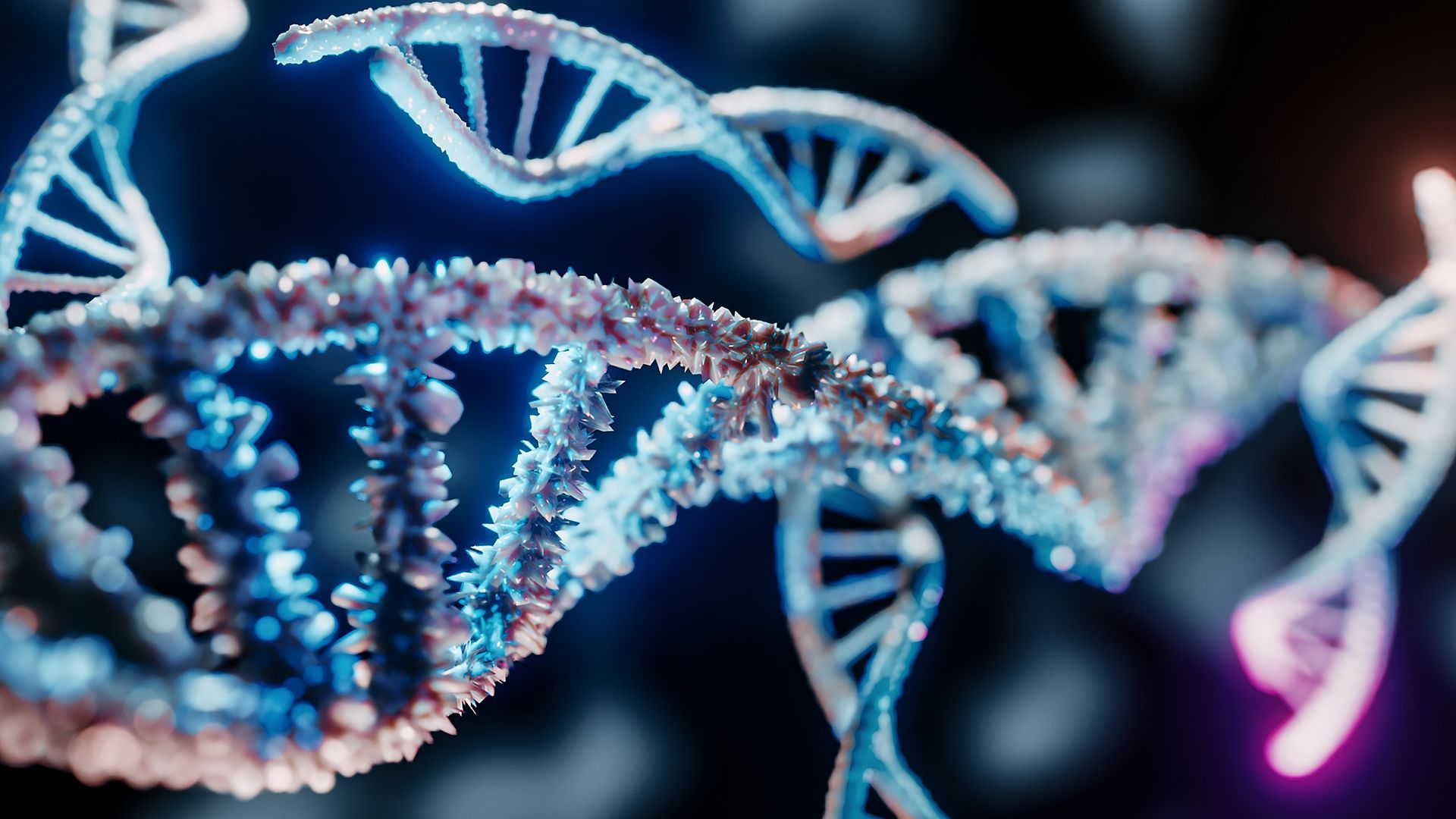
A man's rare gene variant may have shielded him from devastating form of early Alzheimer's
By Stephanie Pappas published
The discovery of a gene variant that protects against an early, insidious form of Alzheimer's could lead to new treatments for the disease.
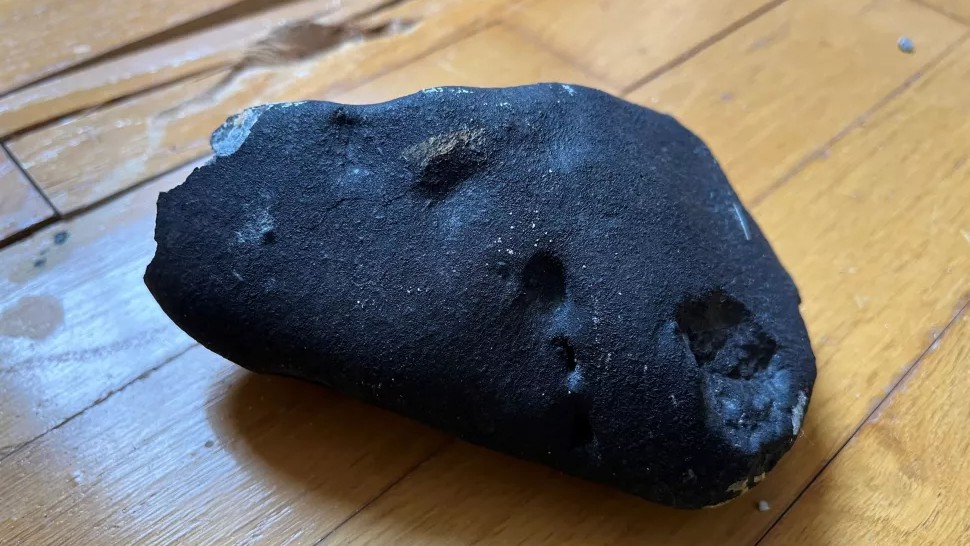
Rock that crashed through New Jersey home may be 4.6 billion-year-old chunk of Halley's Comet
By Stephanie Pappas last updated
An apparent meteorite crashed into a bedroom in Hopewell Township, New Jersey, on Monday (May 8). A scientific analysis confirmed its extraterrestrial origin.
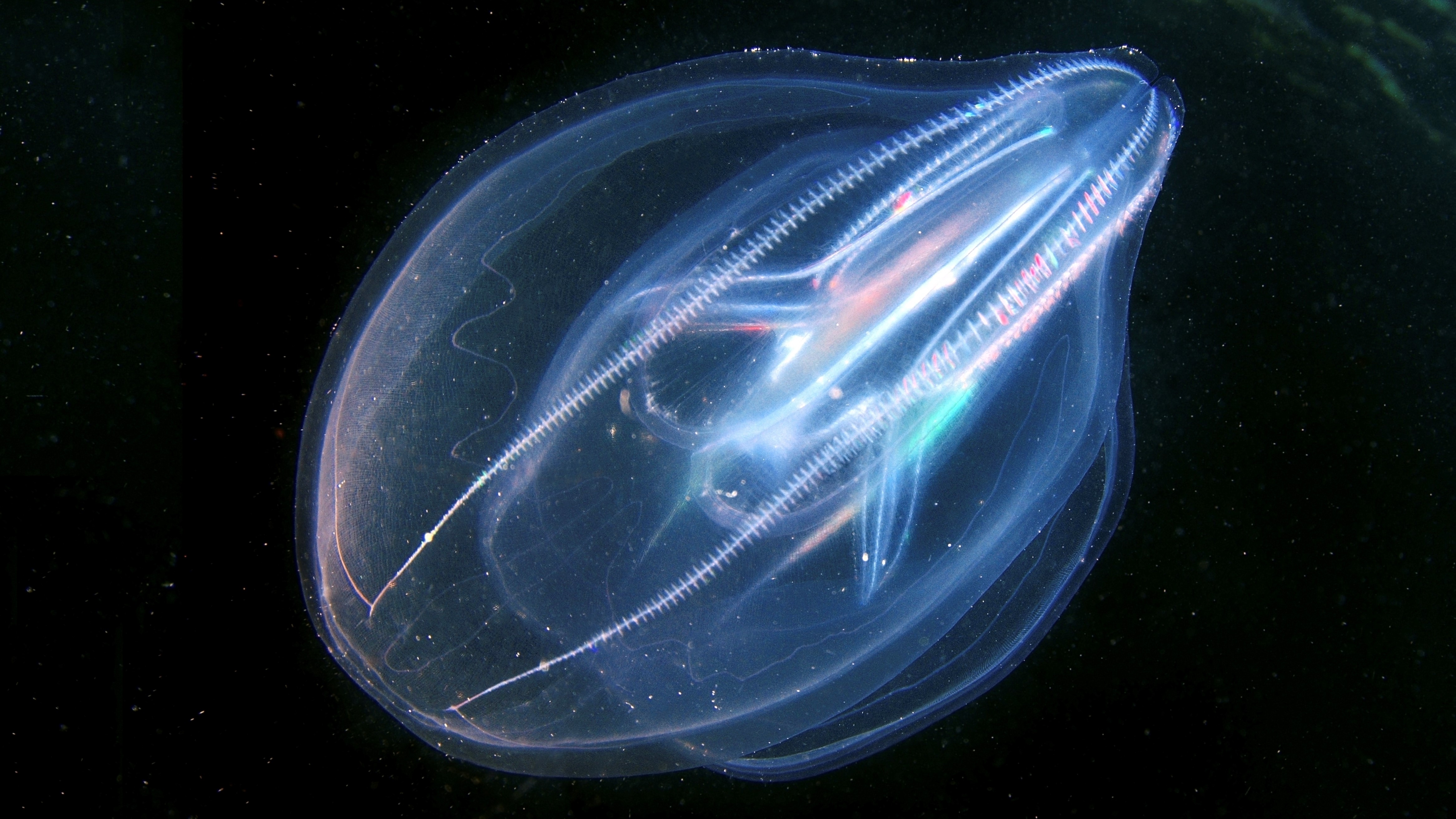
Alien-like comb jellies have a nervous system like nothing ever seen before
By Stephanie Pappas published
Strange sea creatures called ctenophores have a fused nerve net where scientists expected to see synapses. Did they evolve their nervous system separately from other animals?
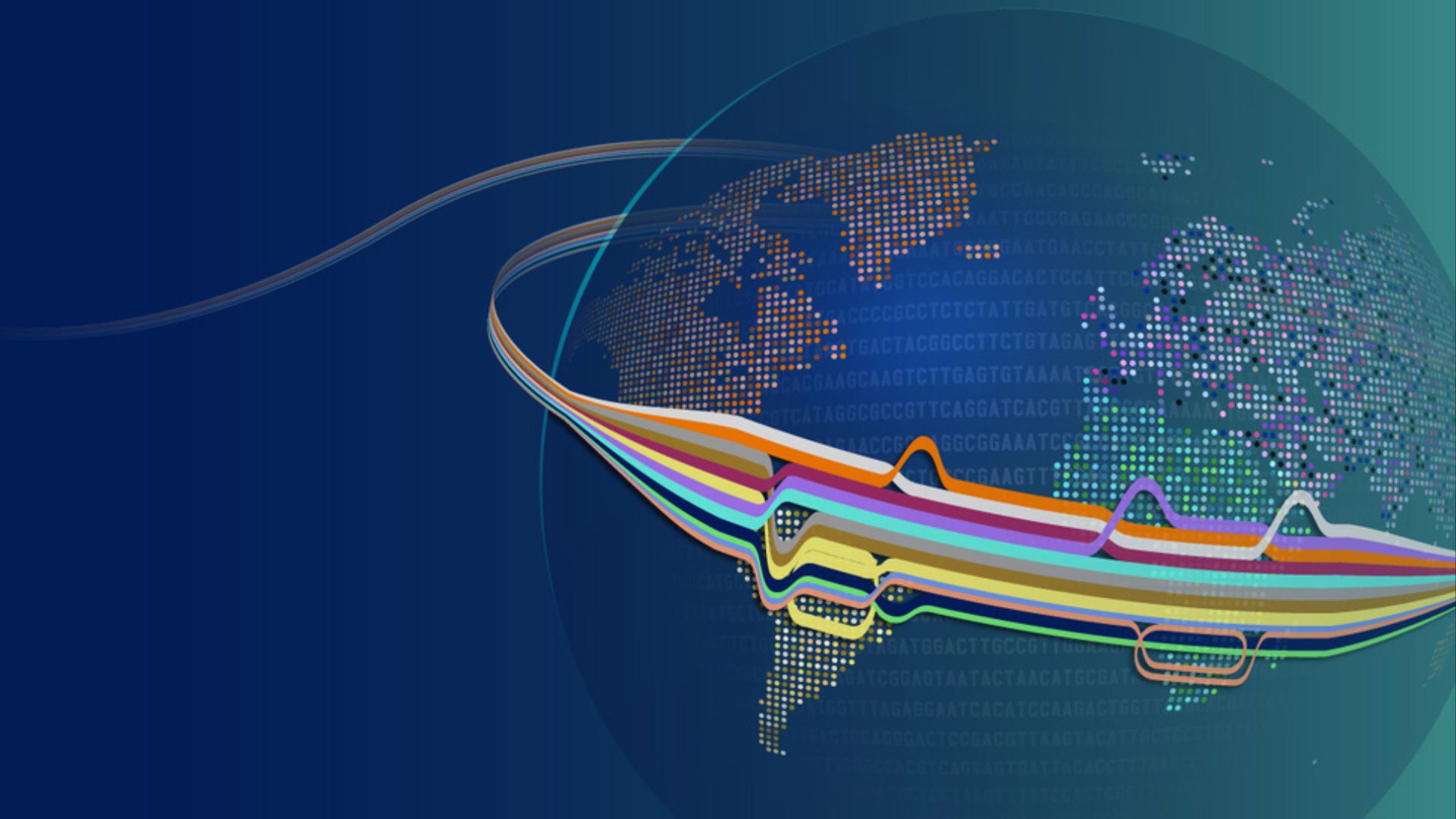
1st draft of a human 'pangenome' published, adding millions of 'building blocks' to the human reference genome
By Stephanie Pappas published
A new version of the human reference genome incorporates genetic data from 47 individuals from around the globe, deepening scientists' view into how genes work.
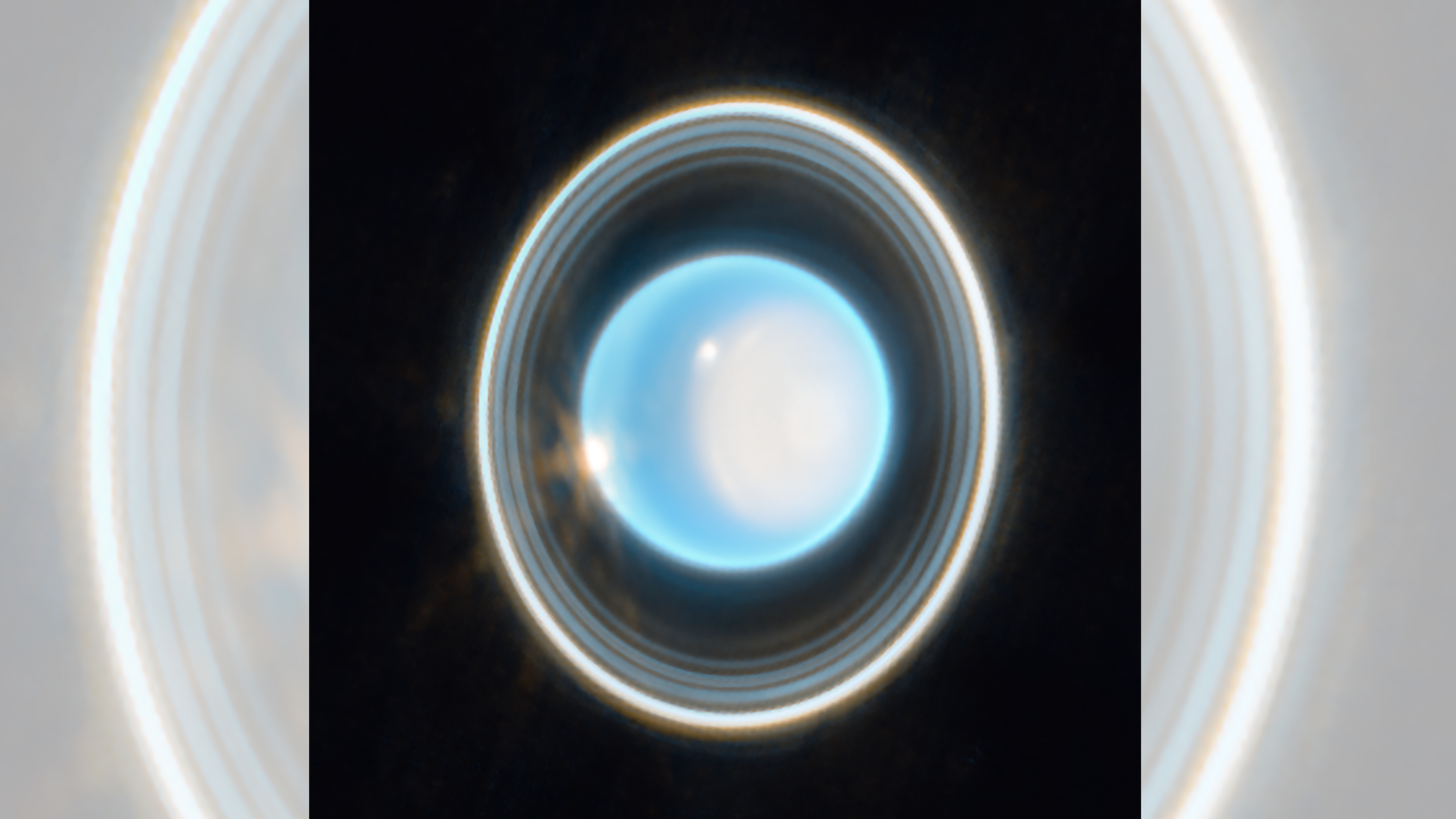
4 of Uranus' biggest moons have secret, underground oceans, new study suggests
By Stephanie Pappas published
A reanalysis of Voyager data suggests that four of Uranus moons may have oceans tucked between their cores and icy crusts.
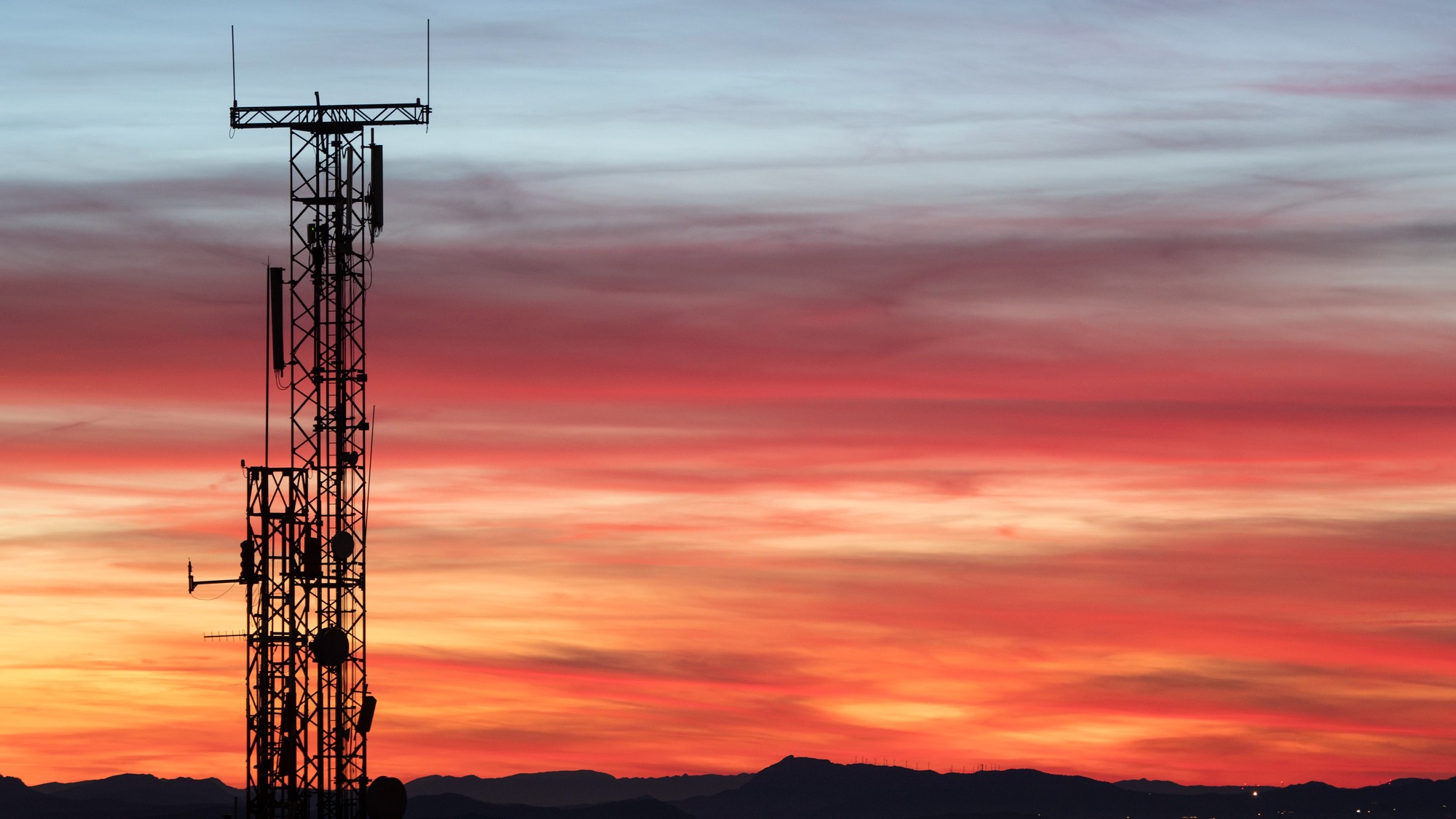
'Leaking' cell phone towers could lead aliens straight to Earth, new study suggests
By Stephanie Pappas published
Advanced alien civilizations could probably already tell that there's intelligent life on Earth, thanks to our cell phone towers.
Sign up for the Live Science daily newsletter now
Get the world’s most fascinating discoveries delivered straight to your inbox.
